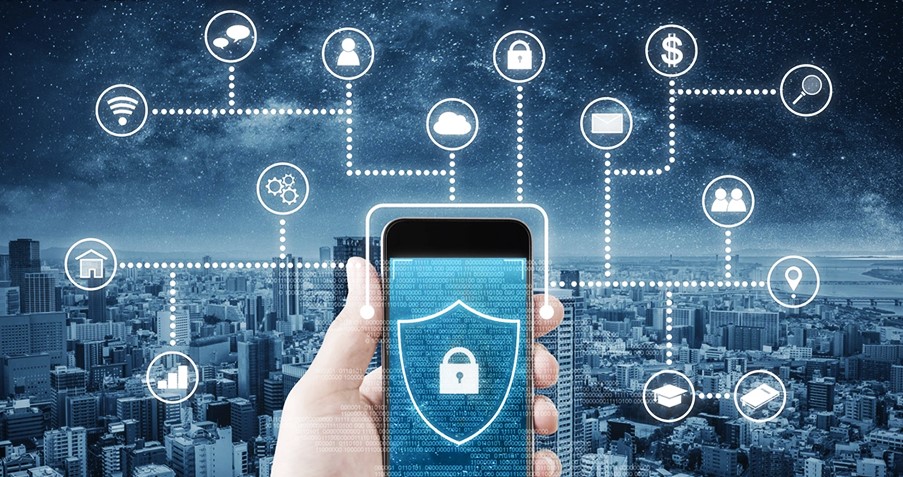We all adore our cellphones and how they link and simplify our lives. But unfortunately, some of your favorite apps may be putting you at risk. In a world where everyone shares everything online, it’s easy to forget that someone may steal your identity and access your bank accounts with very little information. We’ve gathered info on some of the worst offenders so you can decide which applications to trust and which to delete. Unfortunately, the bad ones are likely to lead to severe mobile security threats.
Prevention
Caleb Barlow, president of CynergisTek, recommends taking some easy precautions before downloading any apps. “Only download apps from GooglePlay and Apple,” he insists. Then, after finding legitimate apps to download, “regularly check app permissions. Disable application permissions that aren’t needed.”
How to lock apps in case someone steals your phone.
You should conduct your due diligence beforehand. Barlow advises checking app ratings before downloading. In addition, many. People should always evaluate anything they add to their phones before downloading.
CamScanner
Safe at Last’s Ana Bera specializes in cybersecurity. She cited CamScanner, a phone software that mimics a scanner, as one to avoid. “Cybersecurity experts spotted a Trojan-Downloader in the software,” she says. “This program is dangerous and should be removed immediately. Once removed, it’s unlikely to continue damaging you.”
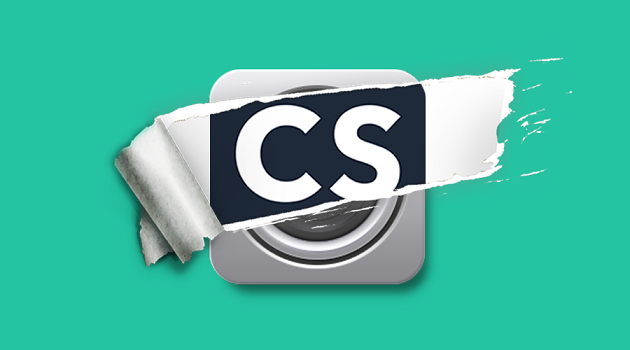
Bera explains, “the app is merely a simulation of a real scanner and can always go back to the regular equipment.”
Meteorology Apps
TechLoris CEO Shayne Sherman recommends checking your weather app. Unfortunately, several weather apps contain Trojans or other spyware. So even the most benign claim to use your information for weather accuracy is dubious. “Watch your local forecast and delete Good Weather,” he suggests. “It’s risky.”
Wandera’s VP of Product, Michael Covington. “Attackers could target WhatsApp users by sending a specially prepared message to their phone number. Once compromised, attackers could access WhatsApp’s microphone, camera, contact list, and more.”
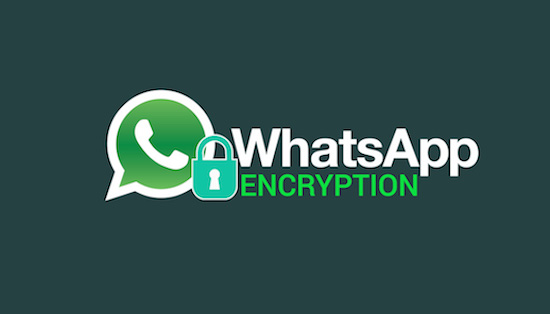
Yes, attackers may perform frightening levels of spying. “This was one of the most pervasive bugs affecting mobile devices, and we still see outdated versions on enterprise systems,” says Covington. It’s easy to remove. Update your app. The latest versions for Android and iOS are 2.19.339 and 2.19.112, respectively. You’re smart to wonder, “is Whatsapp safe?”
Facebook, Instagram
Meta owns Facebook, Whatsapp and Instagram, making them quite risky. For example, Dave Salisbury of the UDC for Cybersecurity and Data Intelligence says that Instagram seeks permission to alter and read contacts and storage, locate the phone, read call logs, modify system settings, and have complete network access.
Everyone loves social media apps. But Caveni Digital Solutions co-founder Raffi Jafari believes, “Facebook is the worst app for protecting personal data. Their data harvesting is more intrusive than GoogSo to’s. To delete Facebook (if you want) to protect your data.”
Jafari said Facebook is “known for gathering data on non-users. So first, delete Facebook apps from your phone to preserve your privacy.” Second, stop iPhone location sharing.
Worse, updates may introduce additional features. “On Facebook and elsewhere, you’re the product, not the consumer,” adds Salisbury. “Valuable information about you, what you do, where you go, etc. If you’re OK with that, you can get free services. I hope people make an informed choice and get what they give.”
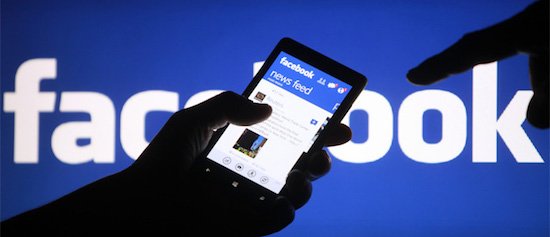
Instagram wants permission to alter and read contacts and storage, locate your phone, read your call log, and modify system settings. This will allow them complete network access, according to the director of the UDC for Cybersecurity and Data Intelligence.
Worryingly, upgrades may introduce new features automatically. “Remember that on Facebook, and elsewhere, you’re the product, not the customer,” Salisbury argues. “All the Information about you, what you do, where you go, etc., is valuable. If you’re OK with that for free services, that’s fine. However, people should always make an informed choice and make sure they’re getting what they give.”
Flashlight apps
Free flashlight apps often pose cybersecurity dangers, warns ExpressVPN’s Harold Li. “Many of these applications are free but ad-supported and require permissions like voice recording and contact info to work. As a result, users risk giving personal data to app developers, who sell it to advertising.”
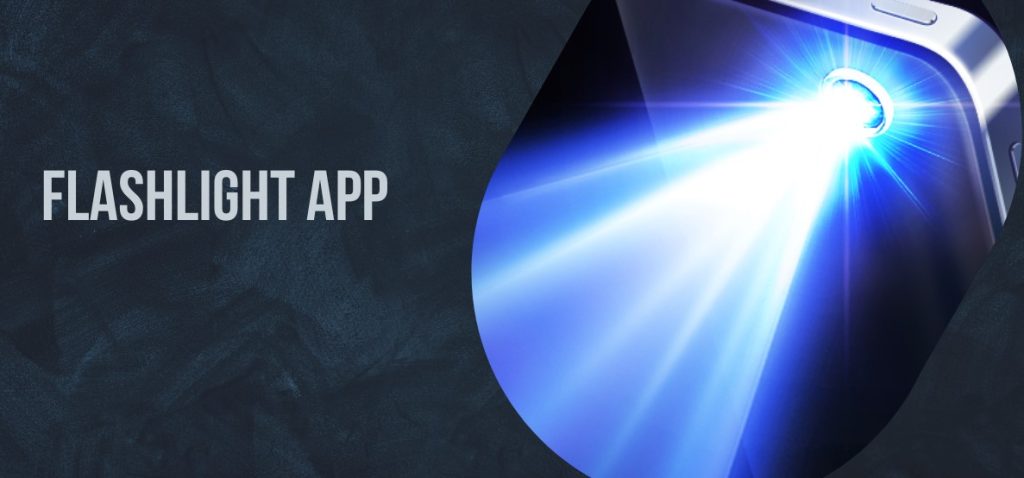
Li suggests uninstalling these programs. He also recommends upgrading your social media and email passwords. You can also request these companies to erase your data. Under some nations’ and states’ regulations, users can erase all their data.
“It’s 2019, and most phones already have a built-in flashlight capability, so you don’t need to install another free app that could collect and sell your data,” Li said.
Angry Birds
“When Snowden exposed the NSA’s surveillance tactics, he mentioned the Angry Birds app,” says Tomaschek. The app leaked phone numbers, call logs, home country, current location, and marital status, and the NSA ate it up.

Tomaschek recommends deleting this game from your phone. Adding, “Since then, Angry Birds app developers have patched the vulnerability. If you trust the developers, and can’t resist slingshotting birds across your phone screen, update the app.”
Zombie Mod
Zombie Mod isn’t for zombie fans. Covington states, “This game tried to capture a lot of personal data from users’ Google accounts, including Gmail usernames and passwords, while also profiting from invasive ads that, in some cases, bricked the device and required the user to start from scratch.” No small matter.

Covington adds: “This mod game touched over 50,000 Android users and is part of a family based on the same code. Therefore, we propose that people review the games on their devices and uninstall any that aren’t being played or give a poor user experience.”
Zombie Mod is difficult to uninstall. Covington suggests removing the original Scary Granny Zombie Mod software. “More crucial than deleting the app, we recommend changing the Google account password.” What to do?
Written By: Jaffar Ali


